Health Benefits of Coffee and Tea

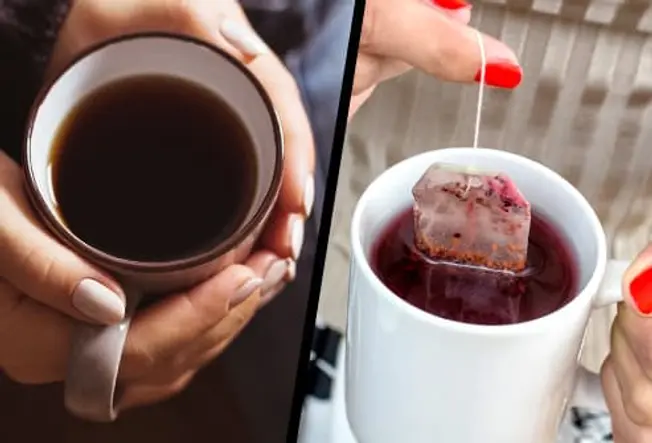
Common Ground
Aside from plain water, coffee and tea are the most enjoyed beverages around the world. Both have things in them that may help your health, and they’re an excuse to get together with a friend -- that can be good for you, too.
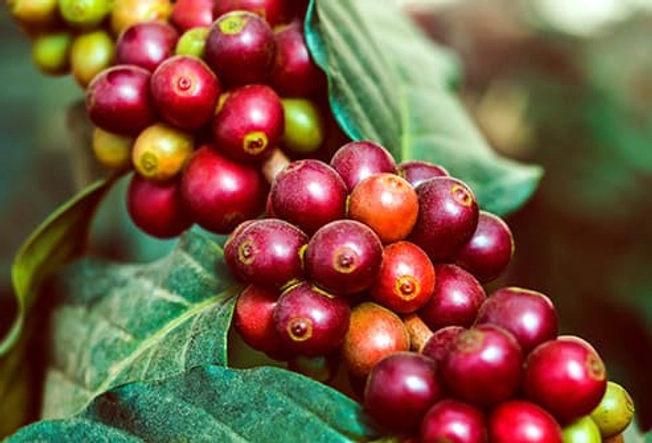
Coffee Basics
The beans grow on flowering trees found in more than 50 countries around the world, including the U.S. (Hawaii). They’re roasted and ground, then boiled, dripped, steamed, or soaked to make coffee, depending on where you live and how you like it.
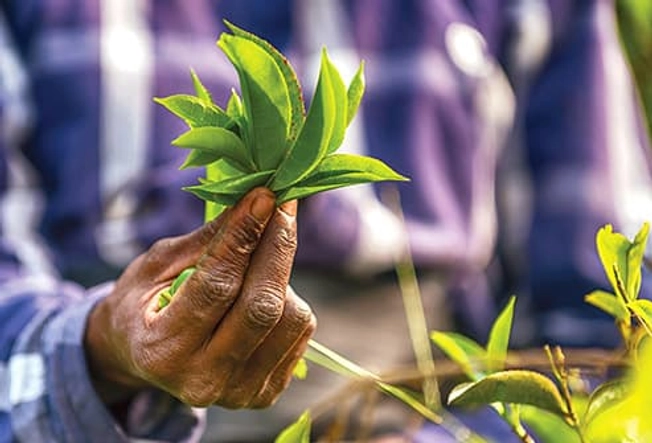
Tea Basics
More than two-thirds of the world’s people drink this beverage, which is made from the leaf of a bush called Camellia sinensis. You typically steep the leaves in steaming hot water for a few minutes then serve the tea hot or over ice.
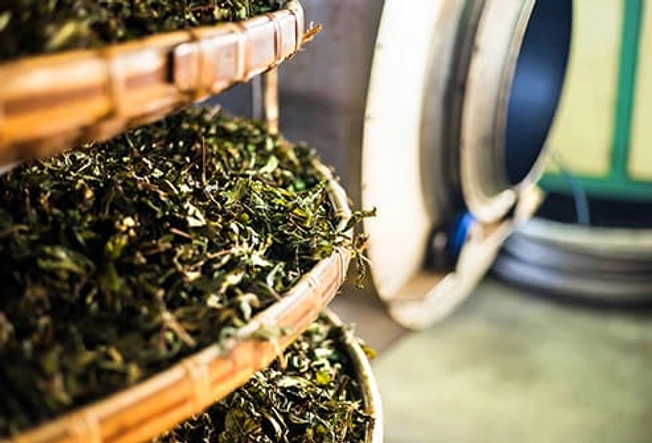
Green, Oolong, Black: What’s the Difference?
Tea makers dry and crush the leaves to bring out their oils, then they might expose them to air for a while, depending on the kind of tea they want to make. This is called “fermentation” -- it’s a chemical reaction that affects the flavor of the leaves and turns them brown.
The longer they’re exposed, the more caffeine they have. Green tea uses leaves that haven’t been fermented at all, which is why it has almost no caffeine. Oolong uses leaves that have been fermented for a time, while black tea leaves are fermented the longest.
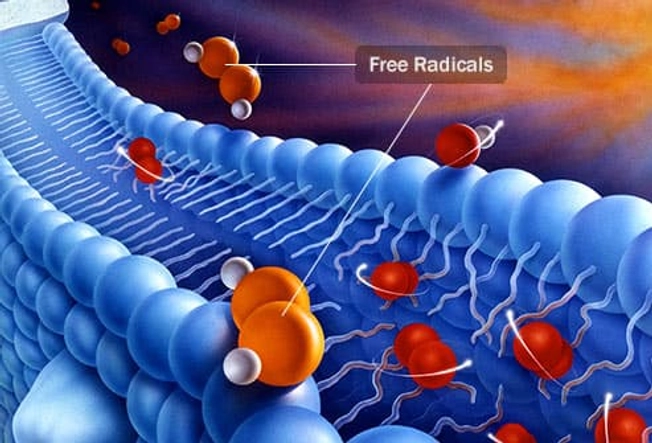
Free Radicals
These chemicals can damage your cells and lead to disease and illness. Your body makes them when it turns certain foods into energy and when sunlight hits your skin. You also can get them from things you eat and drink. Tea and coffee help your body fight free radicals with chemicals of their own called antioxidants.
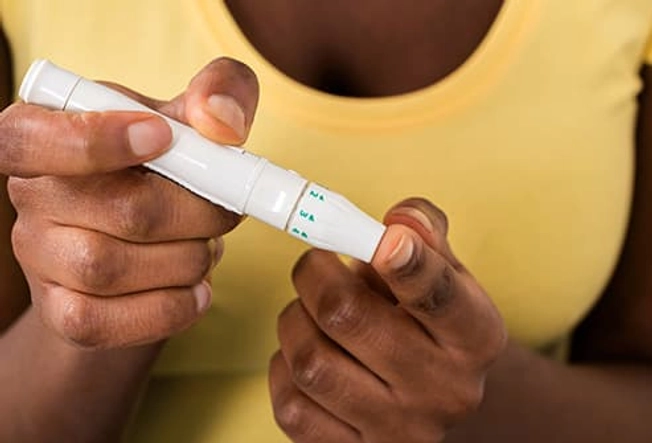
Type 2 Diabetes
Both tea and coffee are linked to a lower chance of getting this condition, which affects how your body uses blood sugar (glucose) for fuel. Coffee has lots of a certain antioxidant that helps keep your blood sugar lower and more stable -- the main challenge of diabetes. And antioxidants from tea may help your body process sugar in your blood.
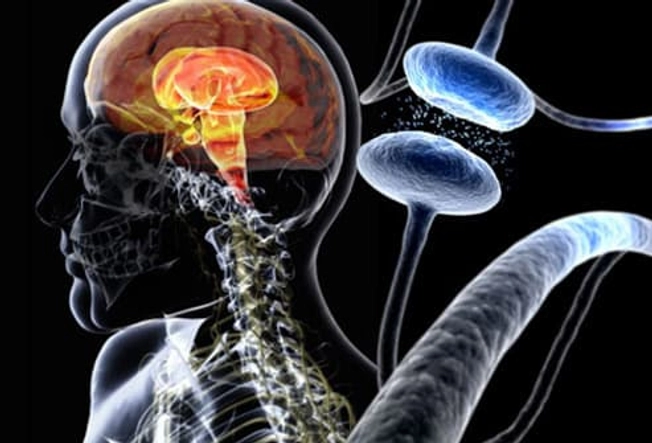
Parkinson’s Disease
Coffee and tea may help against this serious disease, which attacks the nerve cells in your brain and makes it hard for you to move. Some studies suggest that caffeine can ease early symptoms of Parkinson’s, while others show that drinking coffee and tea might help protect your brain from it in the first place.
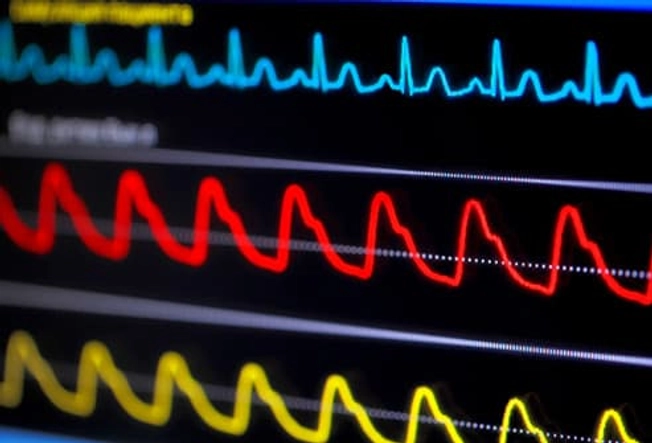
Heart Disease
Doctors once thought people with this should cut down on tea and coffee, because of the caffeine, but now it seems they may protect you from it. In one study, people who drank 3 to 5 cups of coffee a day were less likely to have a buildup of calcium in the vessels that bring blood to your heart muscle. That could mean a lower chance of heart disease.
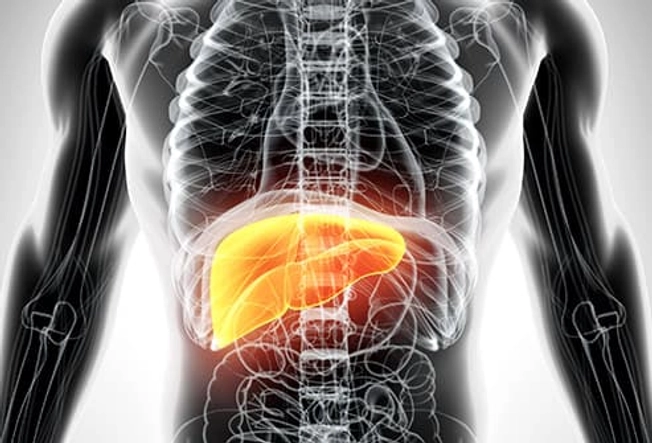
Liver Disease
This is another organ that probably benefits from your morning cup of joe. Drinking 3 or more cups of coffee a day may lower your odds of having chronic liver disease, cirrhosis, and liver cancer -- and it may be an alternative medicine for people who have those issues. Coffee has more than 100 different chemical compounds in it, and scientists are trying to figure out what they do and how they might work together to help your liver.
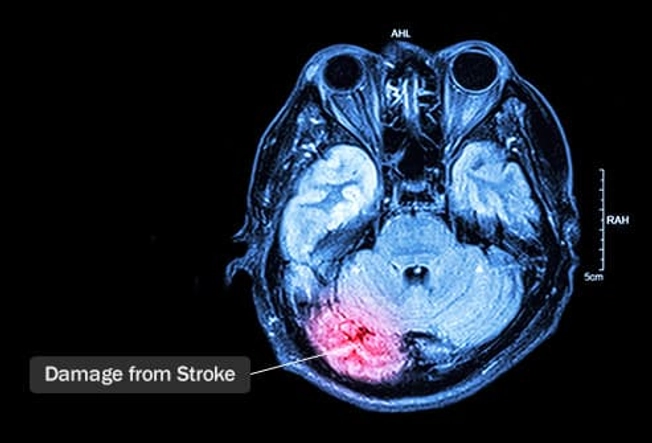
Stroke
This happens when blood is cut off from a certain area of your brain, and a cup of coffee or tea a day might lower your chances of having one. This may be because coffee can ease inflammation and help control your blood sugar levels. And drinking black tea is linked to lower blood pressure, which can make you less likely to have a stroke.
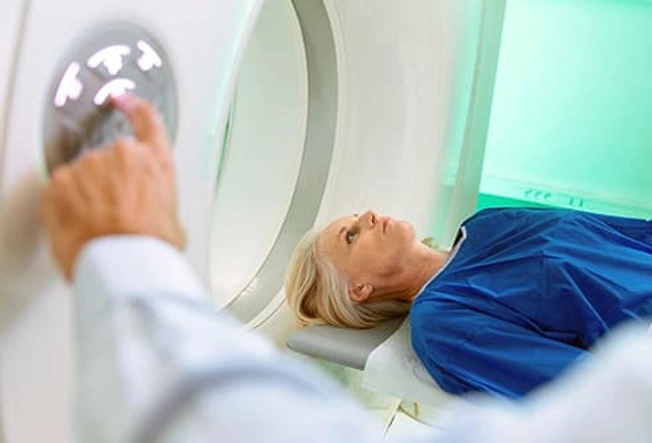
Cancer
Coffee and green tea might help prevent breast and prostate cancers, while all kinds of tea may protect you against the kinds of cancer that affect the ovaries and stomach. Researchers think antioxidants in tea, including ones called polyphenols, are to thank for this.
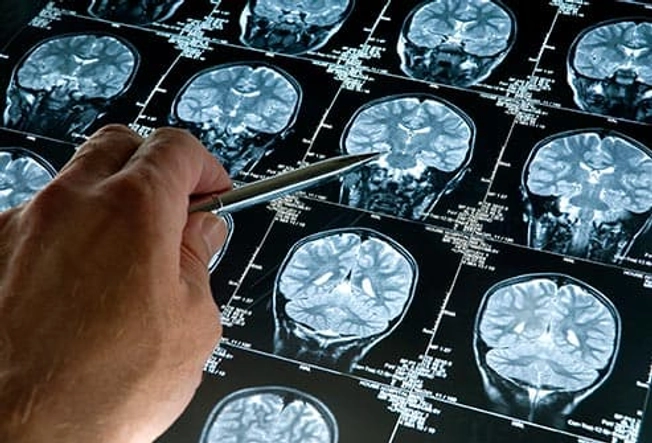
Alzheimer’s Disease
This disorder attacks your brain’s nerve cells (neurons) -- it can cause memory loss and changes in thought patterns and behavior. Coffee has antioxidants that may help protect neurons, and green tea has some that may help prevent the clusters of proteins believed to cause the disease.
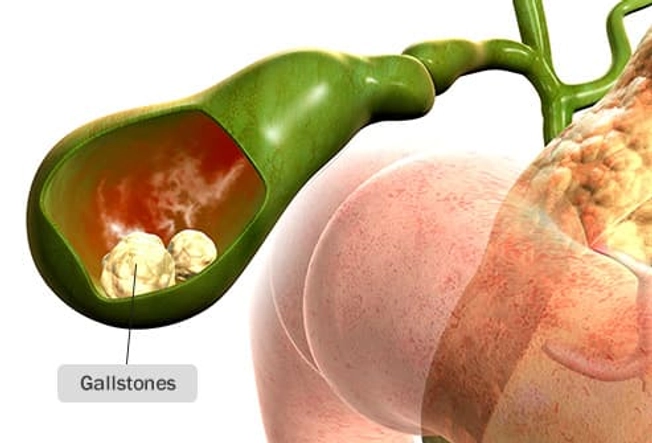
Gallstones
These are tiny pieces of hardened cholesterol and other substances that form in your gallbladder -- a small pear-shaped organ near your belly that helps with digestion. They can sometimes cause serious pain and health problems if they’re not treated. But coffee can lower your chances of getting them because it helps move fluid through your gallbladder and makes the cholesterol less likely to crystallize into gallstones.

Weight Loss
If you drink low-calorie beverages like coffee and tea instead of sugary ones, you may find it’s easier to lose weight. They can give you a satisfying pick-me-up with almost no calories. Of course, that doesn’t work if you add a bunch of sugar and cream -- so stick with the basic brew.

Don’t Overdo It
Despite the health benefits of coffee and tea, too much caffeine can make you anxious or irritable and make it hard to sleep. It also can make you less able to hold onto calcium, which can lead to bone fractures (calcium keeps bones strong). Talk with your doctor if you have questions about how much is too much for you.